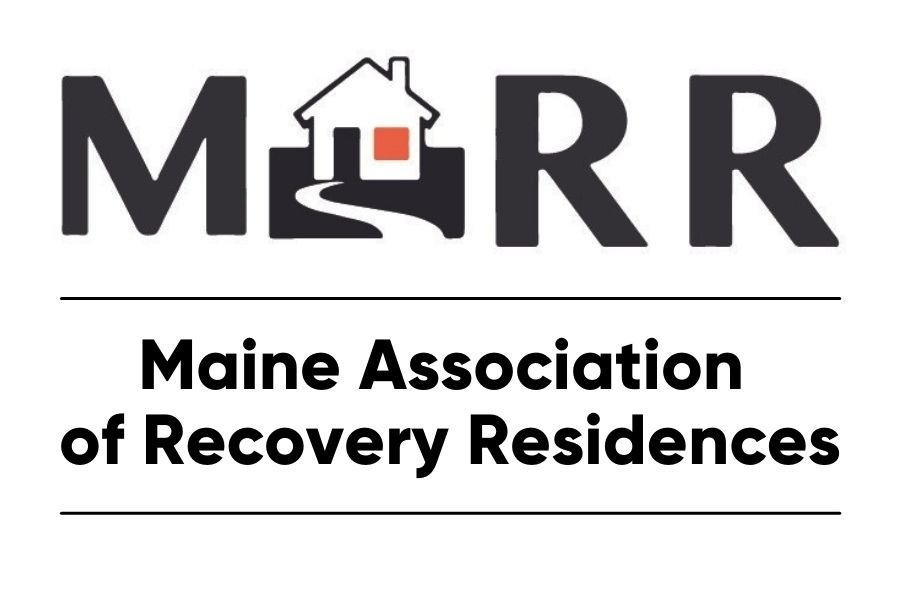MARR Adopts Position Paper on MOUD and the ADA
By Ron Springel, MD, MARR Executive Director
When MARR was founded in 2016, only one of its early operators allowed Medications for Opioid Use Disorder (MOUD - also referred to as MAT). As the organization grew and the influence of funding and other issues came into being, most new operators began accepting applicants who were being treated with FDA-approved medications for Opioid Use Disorder (OUD). Some of the earlier operators who restricted new admissions to those not using these medications, adjusted their policies to permit such use. Still, many of the abstinence-based programs (ABP) maintain their policies of prohibiting certain FDA-approved medications used to treat OUD and other FDA-approved medications of various classes (not used in treating OUD. Example: gabapentin).
The ABP are extremely passionate about maintaining a recovery environment free of residents using prescription medications that can be mind and mood altering. They express the concern that for many residents, some of these FDA-approved medications were among those abused in their active, recent addiction. They feel that requiring the residence to allow people who are using certain FDA-approved medications, even with a prescription and properly taken, is unfair to those people who want to be in an environment free of such influences.
This does present a situation where there are two classes of people, both protected by the ADA, but with opposing needs. They express the view that those wanting to be in an abstinence-based program have just as many rights as those who seek admission to the program who are using FDA-approved medications for OUD and other medical conditions.
When discussing this aspect of the debate with OBH Recovery Programs Manager Michael Freysinger, he compared this dilemma to one faced by mental health (MH) professionals. This concerned the access of behavioral health patients to certain MH treatment programs where their disorder could disrupt or be a challenge to other patients. Example: personality disorders. He referenced a Consent Decree that sets the guidelines for practitioners when confronted with this situation.
The ADA and Fair Housing Act are clear about what does and does not constitute discrimination when it comes to MOUD/MAT. Several court cases have been settled suggesting that prohibiting admission to certain programs for using these medications is a violation. The cases, so far, have involved a jail, a nursing home and an employment work program. A current case involving the Salvation Army, who operate dozens of recovery houses, is yet to be settled. It is the closest case to MARR’s situation that we know of.
We know it is a matter of time before a relevant court case involving a recovery residence is filed and adjudicated. Frankly, it’s surprising one has not reached the public eye already. Before this clarifying action becomes known and the opinion of a federal judge and perhaps an appellate court is received, we are left to decide for ourselves the best course of action for MARR, our operators and, most importantly, the people we serve.
Other states around the country are grappling with the same set of issues. After negotiations, New Hampshire and the attorneys at NH DHHS agreed that its recovery residences certified by NHCORR (MARR’s counterpart in NH) must avoid discrimination and comply with the ADA. NHCORR requires procedures to prevent diversion and a business plan to address ADA requests. The Minnesota legislature has introduced a bill that would require all recovery residences to allow FDA-approved medications. (SF3973).
After many weeks of study and discussion by the MARR Advocacy Committee, a Position Statement was drafted and presented to the MARR Board for approval on June 15th, 2024. It was adopted unanimously.
Statement by MARR Regarding the ADA and our Operators of Abstinence-Based Programs (ABP)
1) MARR recognizes many paths to recovery including the proven pathway of ABP.
2) MARR recognizes that the application of the ADA and Fair Housing Act to MARR-certified RR is not fully elucidated at this time (no applicable rulings).
3) MARR reinforces its position that all programs must comply with state, federal and local laws,
4) MARR restates its requirement for all operators to abide by the NARR Code of Ethics and to not discriminate as defined by state and federal law,
5) MARR reiterates that any operator must maintain policies and procedures for medication security and diversion protection.
6) Regarding the ADA and Fair Housing Act, MARR requires every operator to maintain a viable business practice for addressing requests for reasonable accommodation or reasonable modification to comply with these laws. Such a plan would describe the steps an operator would take when receiving a request for accommodation or modification of any existing policy.
Approved by the MARR Board of Directors 6-15-2024.
Please direct any questions or comments to:
Ron Springel, MD, Executive Director, MARR.
Email: Ron@mainerecoveryresidences.com.
